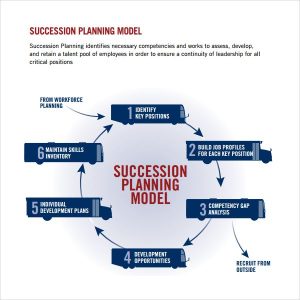
Recruitment and talent acquisition are crucial processes for organizations to identify, attract, and retain the best possible candidates for their vacant positions. In today’s competitive job market, companies need to employ effective strategies and utilize various tools to ensure they can attract top talent and build a strong workforce.
The Difference between Recruitment and Talent Acquisition
While recruitment and talent acquisition are often used interchangeably, they have distinct differences. Recruitment primarily focuses on filling immediate vacancies and focuses on finding suitable candidates based on specific job requirements. On the other hand, talent acquisition is a long-term strategy that involves not just filling vacancies but also planning for future talent needs. Talent acquisition aims to build a pipeline of potential candidates with the desired skill set and cultural fit even before a position becomes available.
Effective Recruitment Strategies
There are several key strategies that organizations can implement to ensure an efficient recruitment process:
1. Employer Branding
Having a strong employer brand helps attract top talent. Organizations need to focus on showcasing their company culture, values, and benefits to create an attractive work environment. This can be done through effective marketing campaigns, online presence, and positive employee testimonials.
2. Utilizing Technology
Using technology in recruitment can streamline the process, save time, and improve efficiency. Online job portals, applicant tracking systems (ATS), and social media platforms can help reach a wider pool of candidates, automate screening processes, and enhance communication with applicants.
3. Building a Strong Talent Network
Organizations should actively engage with potential candidates even when there are no immediate vacancies. Building relationships with individuals who have the desired skills and attributes can save time and effort when a position opens up in the future. This can be accomplished through networking events, career fairs, and maintaining an active presence on professional platforms like LinkedIn.
The Importance of Talent Acquisition
Talent acquisition plays a vital role in the long-term success of an organization:
1. Ensuring a Competitive Advantage
By proactively identifying and attracting top talent, organizations gain a competitive edge. A strong talent pool enables businesses to quickly fill positions with highly qualified individuals, setting them apart from competitors.
2. Enhancing Employee Retention
Talent acquisition involves not just finding suitable candidates but also finding individuals who align with the company’s culture and values. This leads to better employee satisfaction, engagement, and ultimately, higher retention rates.
3. Succession Planning
Talent acquisition enables organizations to plan for the future. By identifying and nurturing individuals with potential leadership qualities, organizations can build a pipeline of successors for key positions. This minimizes disruptions and ensures continuity of operations.
Conclusion
In today’s competitive business landscape, recruitment and talent acquisition are critical for organizations to attract and retain the best talent. Employing effective strategies, utilizing technology, and focusing on long-term talent acquisition can help organizations build strong, competitive teams that drive success.

